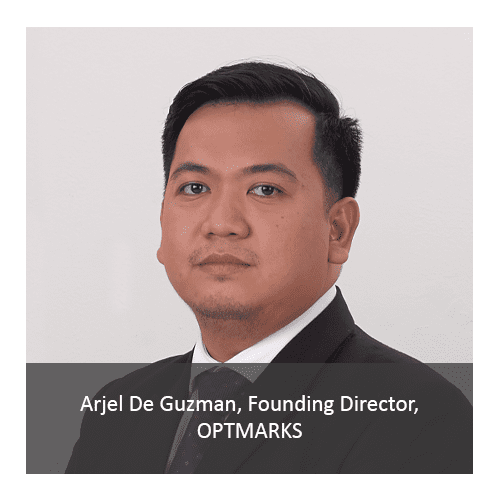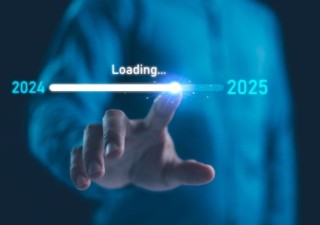The Philippines Launches AI Roadmap
16 June 2021

The Philippines' Department of Trade and Industry (DTI) recently launched a national artificial intelligence (AI) roadmap, making it one of the first 50 nations in the world to do so.
“This is highly significant to intellectual property because it will provide a certain harmony between the use and development of AI and the guiding principles of IP in general,” says Arjel De Guzman, Founding Director, OPTMARKS, the Philippines’ emerging leader in intellectual property. “Being both entrenched in the goal of fostering innovation and creativity, the interrelation between AI and IP is already a given. Different IP laws can be used to protect AI. On the other hand, AI can be used to improve the management and protection of IP.”
With this platform already in place, the AI Roadmap provides for the creation of a private sector-led National Center for AI Research (NCAIR) which will serve as a shared hub for AI research.
“The creation of the NCAIR is envisioned to cultivate talent and opportunity in AI by providing an accessible hub for research and development of AI in the country,” says De Guzman. “Traditionally, AI research and development are only available overseas. Such a situation hampers the development of AI in the country. The creation of the NCAIR somehow aims to provide a solution to such a problem.”

The AI Roadmap also targets to provide guidance on the use of AI to maintain the regional and global competitiveness of local industries; and identify key areas, in both research and development and technology application, for investing time and resources of government, industry, and broader society.
It also aims to recommend ways for effectively fostering a triple-helix of research and development (R&D) collaboration among government, industry, and academe, which would be essential to national development; put forward approaches for preparing the future workforce for the jobs of the future; and attract the biggest industries to set shop in the country, which would generate more jobs for Filipinos.
De Guzman notes, though, that in general, the challenge with AI is how to maintain the balance between the use and development thereof on one hand, and the preservation of the traditional facets of the society on the other.
“AI in general is a disruptor,” he says. “It disrupts how things are traditionally being done. AI and the disruption it brings affect the role of the traditional and known sectors of society. This also proves true with IP. AI has already proved to be capable of disrupting the traditional concept of creation, production, and distribution of goods and services. In some instances, there are already cases where the creator of a certain intellectual property is AI. Applications, through AI and machine learning, are now capable of creating patents and original works. The challenge here is how to address such a situation. Should the law recognize AI as the creator of these IP assets or should it always pertain to a certain identifiable human inventor, creator, or author? Should the law intervene in the first place or should it leave it to the parties to make such an identification? Certainly, the overlap of IP and AI brings a level of challenge which we have not seen before. These challenges should all the more impel researchers and the state to find the balance between AI and IP.”
In spite of these, he says that IP will always be a central influence in developing societies.
“Whether AI is involved or not, IP will be at the center of innovation and development,” he says. “With the launch of the AI Roadmap in the country, it becomes more compelling for stakeholders to consider and give importance to IP. As I see it, IP will all the more be a driving force in technology and business as an effect of the AI Roadmap. Moreover, AI can complement IP, the management thereof, and enforcement of IP rights in a wide array of ways. This could provide an added boost to the already robust status of IP in the Philippines.”
Excel V. Dyquiangco






